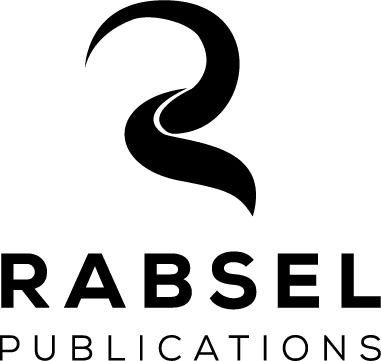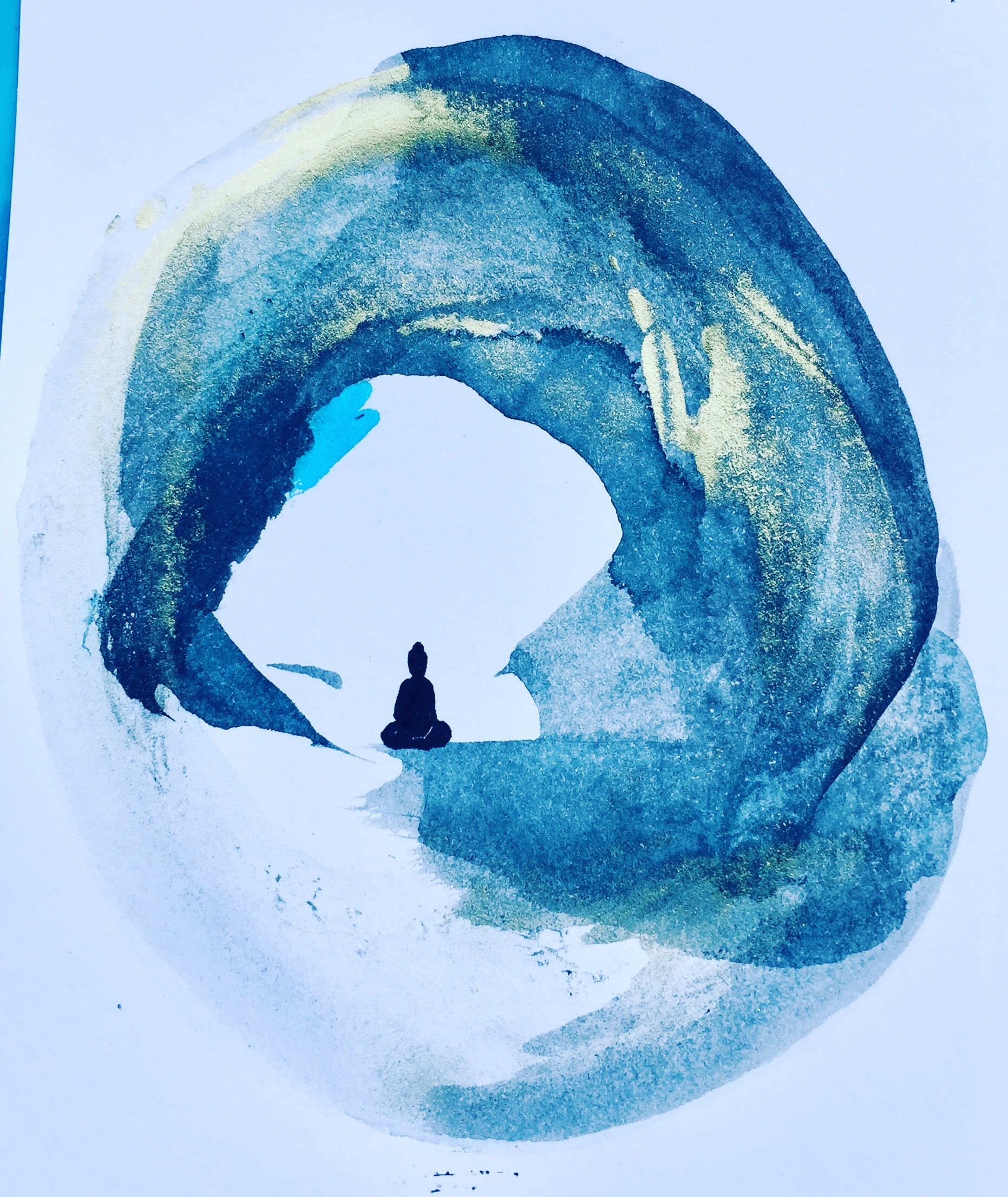What motivated you to write River of Memory?
From the River of Memory: Dharma Chronicles series. ‘I’ve received quite a few teachings, for a westerner at least, so I wanted to make sure that people knew which masters they came from, because of course any benefit in the teachings that people get from me is really from the masters who I heard it from, they’re the ones who have great realisation… Also to show to westerners that the lineages work here, the lineages are unbroken and continue. There’s no need to panic, the lineages will continue, and neither is there any need to invent a Buddhism without such things.’
Why did you choose the book title “River of Memory”?
From the River of Memory: Dharma Chronicles series. ‘In the Classical civilisation, in the underworld, there’s the River Lethe where the souls go to forget everything before being reborn. But there’s also a river of memory which, according to the tradition of Orpheus, the Greek Orpheus, the souls who would be liberated needed to drink of the River of Memory. So that was partly in my mind. But of course from a dharma point of view time is like a river (of course Heraclitus said that in the west too) … for us time is like a river, ever moving, ever moving forward. And our mind itself, the ‘kun gzhi’ the basic ground of mind itself, is itself like a river: not static, not unchanging, but flowing ever onwards with the imprints of thoughts, of actions. So it’s that, that is the basis of any remembrance is the river of memory which is the ‘kun gzhi’, the basic ground of mind. So I had those things in mind with this.’
Is River of Memory a typical autobiography?
From the River of Memory: Dharma Chronicles series. Lama Jampa explains that this is not a typical autobiography because its main concern is with the teachings, with showing how the Buddha’s teachings are being transmitted in the West, using his life as an example. The autobiographical elements of the book show how ordinary Westerners can receive these teachings and practice them, and in this way be integrated into the Buddhist lineages that have been passed down thought the generations in Tibet for over a thousand years.
River of Memory: Dharma Chronicles
An illustrated introduction to Lama Jampa’s book, River of Memory: Dharma Chronicles. River of Memory provides an extraordinary series of snapshots of the time for Buddhism in the West, chronicling the first visits of Tibetan masters in the late twentieth century, giving a vivid picture of the condition of Buddhism in the modern world, whether North America, Europe or Asia, and reflecting on the ongoing interaction of Buddhism and Western culture.
How do you think River of Memory will be useful for practising Buddhists in the West?
From the River of Memory series. “…It teaches them exactly about the relevance of lineage. That the teachings only work precisely because they’ve been transmitted in a an unbroken lineage. Something we can draw real confidence from. And also indirectly it shows something of the pattern of how a Westerner could study and practise the Dharma…..its like a kind of archetype: there’s a set of archetypal patterns that can be discerned in what I studied and what I heard over the course of my life.”
River of Memory: meetings with great lamas.
River of Memory describes in detail meetings with great and accomplished lamas. What’s it like meeting these lamas and why is it helpful to hear accounts like River of Memory?

